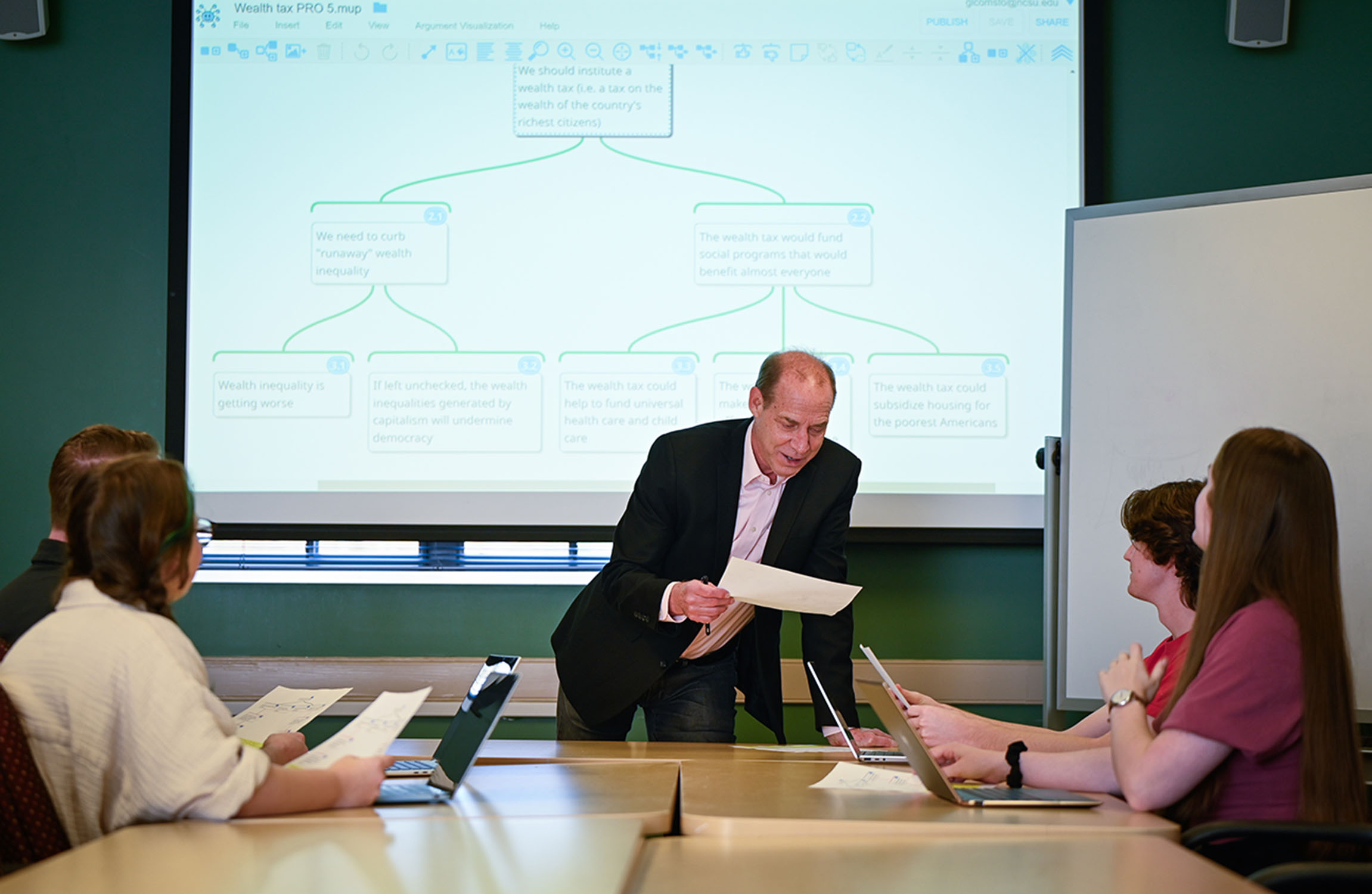Social Work Receives $3.1M to Train Next Generation of Practitioners

NC State’s Department of Social Work has received two federal grants totaling $3.1M to train the next generation of integrated behavioral health and primary care providers.
The grants were awarded through the Health Resources and Services Administration of the U.S. Department of Health and Human Services. “HRSA is committed to developing the behavioral health workforce serving populations across the lifespan, including rural areas and places that lack needed medical services,” says Karen Bullock, head of the Department of Social Work and principal investigator on one of the two grants.
“North Carolina has a shortage of credentialed behavioral health providers across the state. In keeping with NC State’s land-grant mission, we will enhance our university-community partnerships and expand behavioral health training sites, including hospitals, schools, clinics, residential treatment facilities and various primary care settings in medically underserved communities. Our programs will provide high impact educational experiences for our students.”
The grant Bullock will lead provides four years of funding to develop and enhance the credentials of professionals working in addiction and recovery interventions, child welfare and schools. The specialized training will prepare students for certification and/or licensure. The interprofessional practice initiative aims to increase the availability of behavioral health providers in primary care settings across North Carolina. Bullock will lead a license and certificate program that supports students seeking certification or licensure in behavioral health areas of practice.
“This university-community engagement initiative extends NC State’s health-related social work education and training beyond our traditional student base to include non-degree seeking students,” she says.
The second federally funded behavioral health initiative builds on a previous three-year DHHS grant that supports graduate student education and training. The Behavioral Health Scholars program, led by principal investigator and assistant professor of social work Jodi Hall, will educate and train 30 graduate social work students each year over the next four years. Each health scholar will receive a stipend of $10,000; train for 672 hours in a community mental health agency; and receive more than 30 hours of additional training through workshops, conferences and symposia. Graduates will be prepared to address mental health and substance use disorders across the lifespan.
- Categories:


